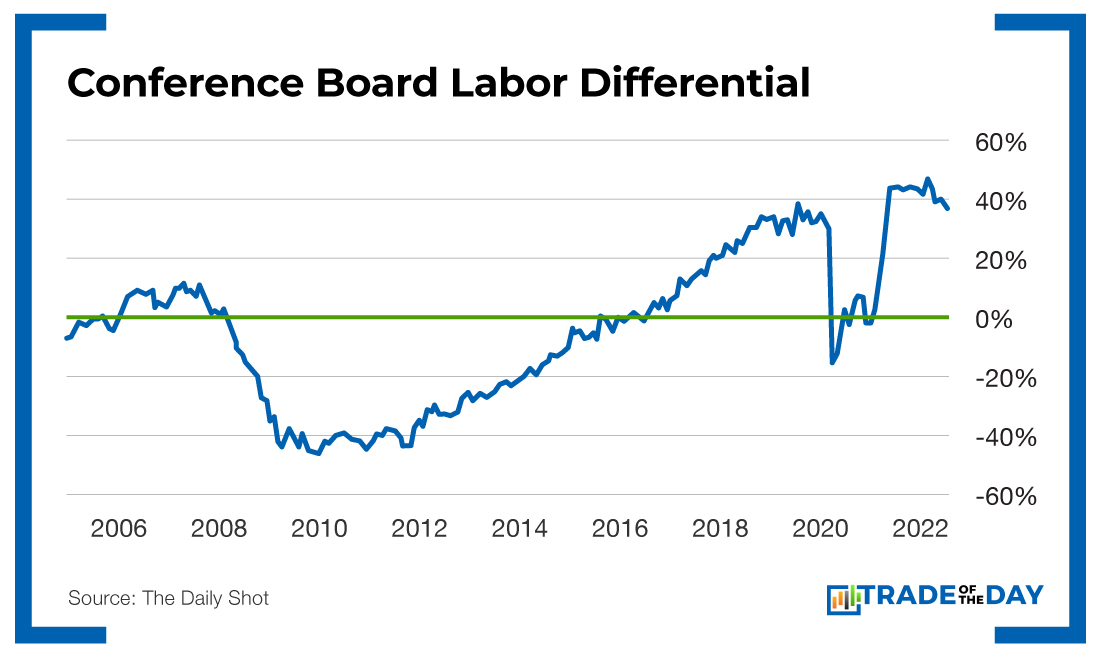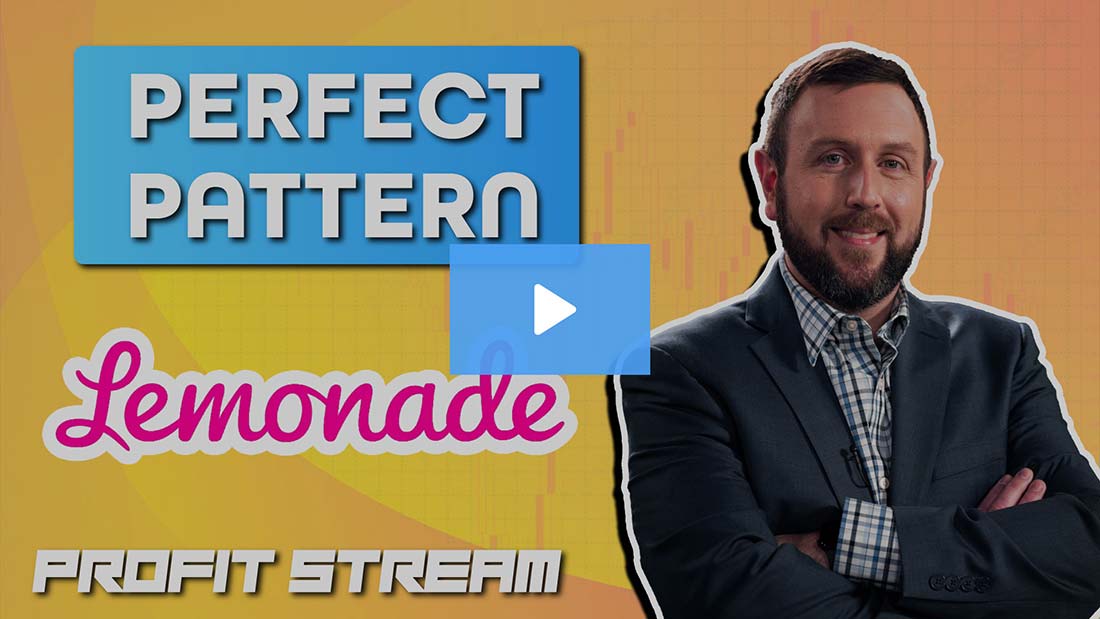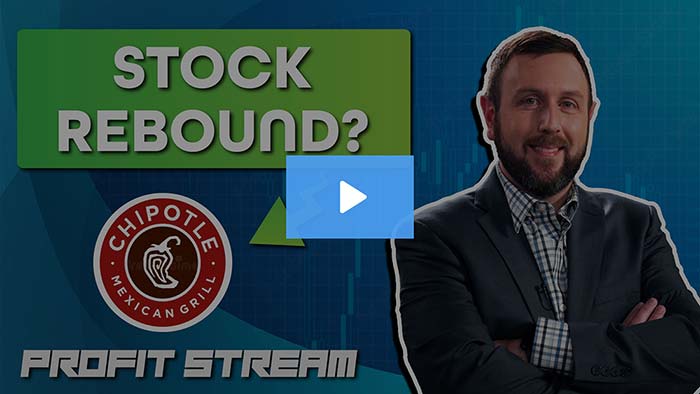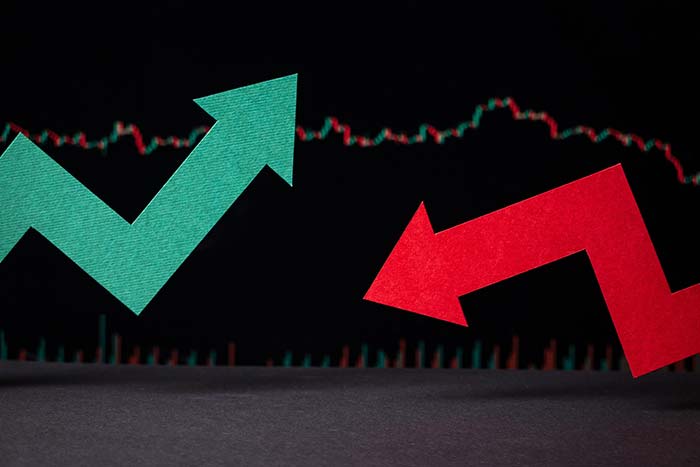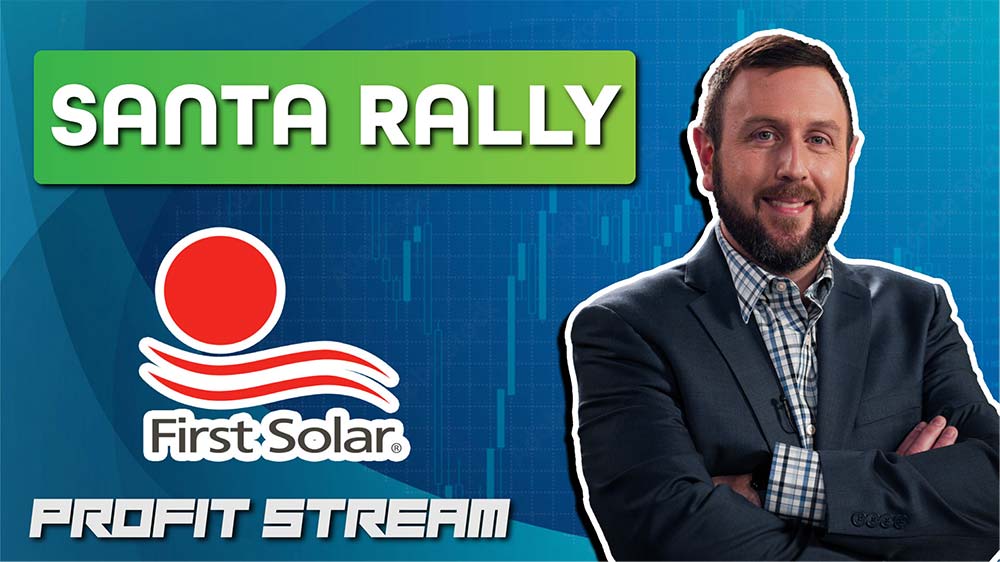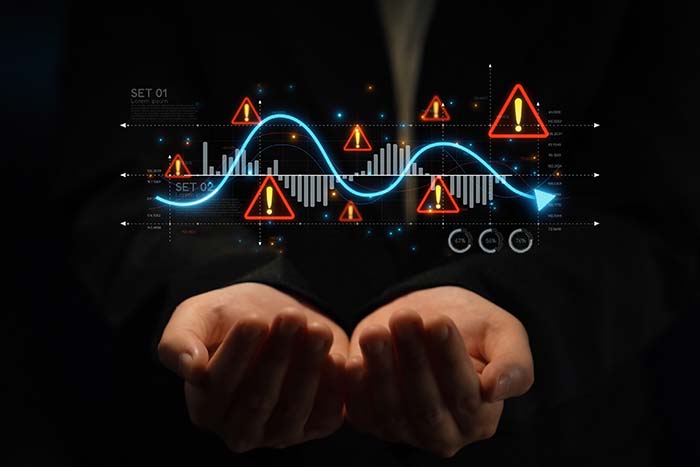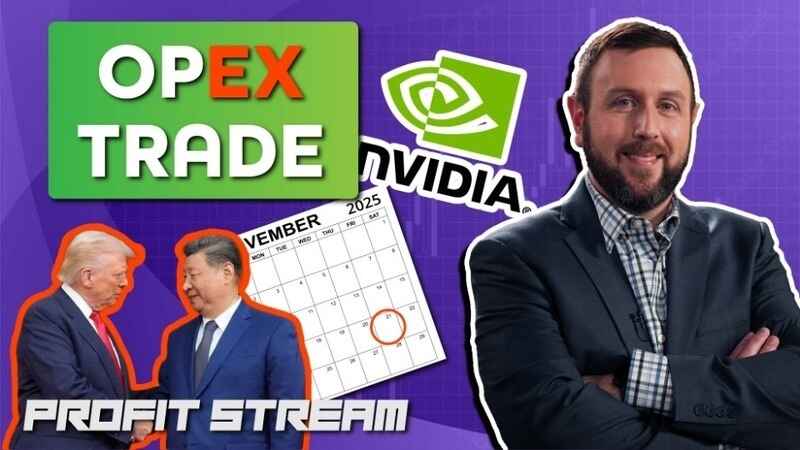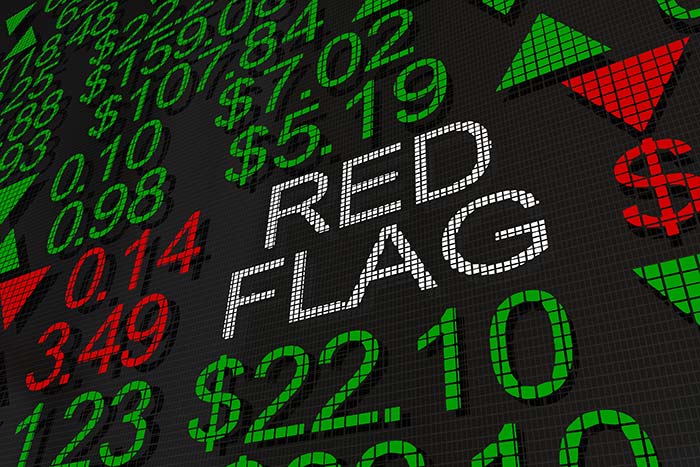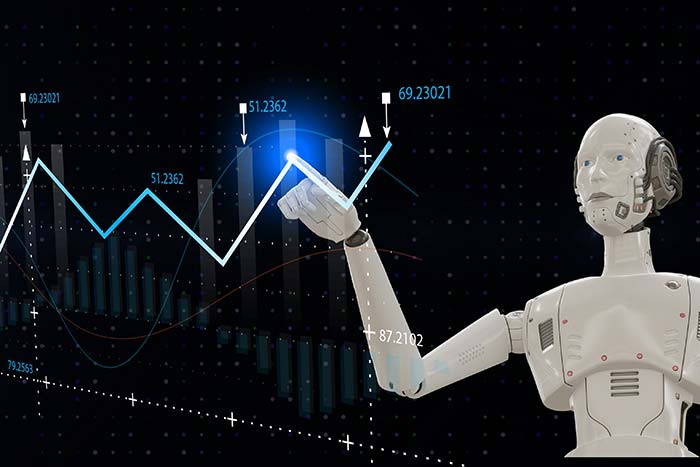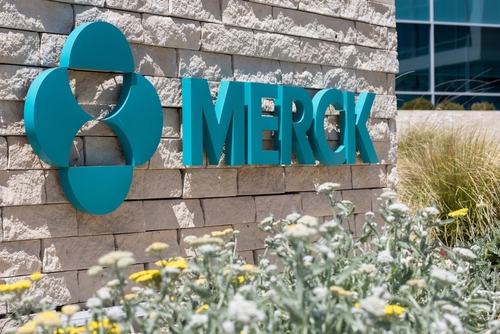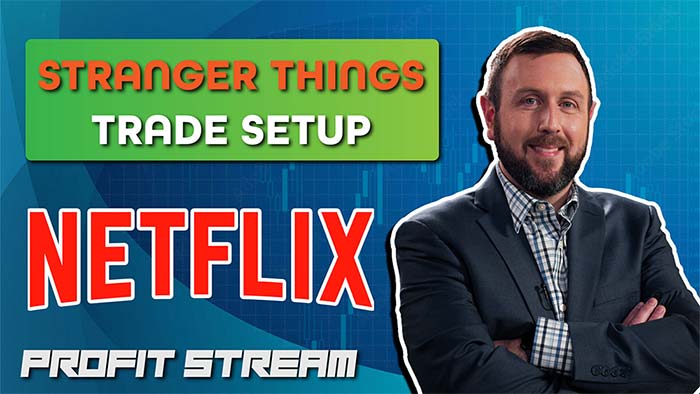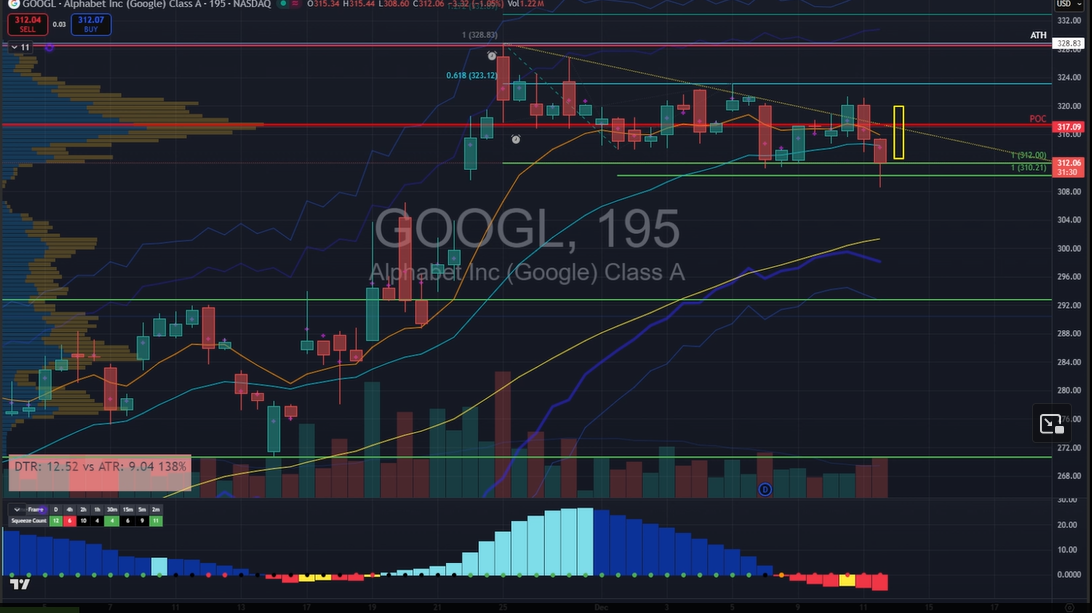Brand-New Asset Class Is Making Waves in the Market
Editor’s Note: There’s no way to dance around it… It’s a volatile market environment.
But there are some unique buying opportunities – especially in the realm of startups.
Yes, startups.
Our friend Andy Snyder at Manward Press has the details below.
– Ryan Fitzwater
With the markets going through a rocky stretch, I’ve been talking to my Manward subscribers about opportunities outside the stock market… like startups.
But what happens when a startup isn’t just a new company… a new product… or even a new industry?
What happens when it’s an entirely new asset class?
If history holds true… it makes a lot of folks a lot of money.
But as with all things related to startups, you’ve got to get in early.
If you know me, you know I like the crypto industry.
Oh sure, the crazy-volatile, super-speculative coins that don’t do a whole lot are good for some gambling dollars and perhaps even a laugh or two.
But it’s the tokens that actually do something that get me excited.
For example, did you know you can now invest directly in technology? Not the company behind it, not its stock or its bonds… but the technology itself.
Thanks to tokenization, it’s now possible to invest in a single product line… or the winning record of a sports team… or a farm’s annual harvest.
It’s all thanks to a few innovative startups and technology made possible by the blockchain.
Making the Private Public
Take a startup called Ownera, for instance.
It realized that the vast majority of the assets in the world are private. There’s no market that allows the owners of private firms to easily (and cheaply) tap into fresh investments. They’re largely stuck working with banks and other traditional lenders.
Locking in equity investors is tough.
Ownera is changing that. It’s digitizing the private market. Using blockchain technology, it’s already tied together 70 financial institutions and fintech firms to build a seamless platform that brings investors and companies together.
Or take Inveniam, another startup doing big things.
It knows the future of assets is digitization. But there’s a lot of space between where we are today (it’s still very much an analog world on Wall Street) and a fully digital financial world.
Inveniam is working to bridge the gap. It provides data and price discovery for low-liquidity trading assets.
For example, right now, it is possible to go online and buy a fraction of a real estate property – perhaps an office building or a new mall.
That’s great.
But when I invest… I want facts. How many folks go to that mall each day? What’s the trajectory of rents within the building?
Inveniam digitally tracks and catalogs that data.
And then there is a company like Harbor.
It was launched in 2017 and received early-round funding from big-name investors like Andreessen Horowitz and Pantera Capital.
It’s creating a secondary market for all of these new digital assets.
Using blockchain and tokenization, it automates the once-manual process of investment management and the transfer of assets from sellers to buyers.
This is without a doubt the future of investing.
It’s entirely digital. And the tokenization of assets creates an entirely new asset class.
A move into this space isn’t “just” a startup investment… It’s an investment in something very few folks own.
That, as we know, is almost always a recipe for big success.
Action Plan: I just sat down with famed commentator and expert interviewer Buck Sexton to discuss exactly this topic.
The opportunity is so big, we dubbed the occasion The Generational Wealth Summit.
During the event, I detail everything that’s happening… the who… the what… and – most importantly – the immense profit potential.
I even detail one of my favorite ways to play it all (including the exact ticker to buy)… for free.
Mark my words… This will be huge.
Fun Fact Friday:
Despite down markets, high inflation, rising rates and earnings headwinds, the labor market remains strong. The chart below shows that the labor differential (the percentage of consumer confidence survey respondents who say jobs are plentiful minus the percentage of those respondents who say jobs are hard to get) is still at a healthy level. Until the job market worsens, we’ll remain in a technical recession.
